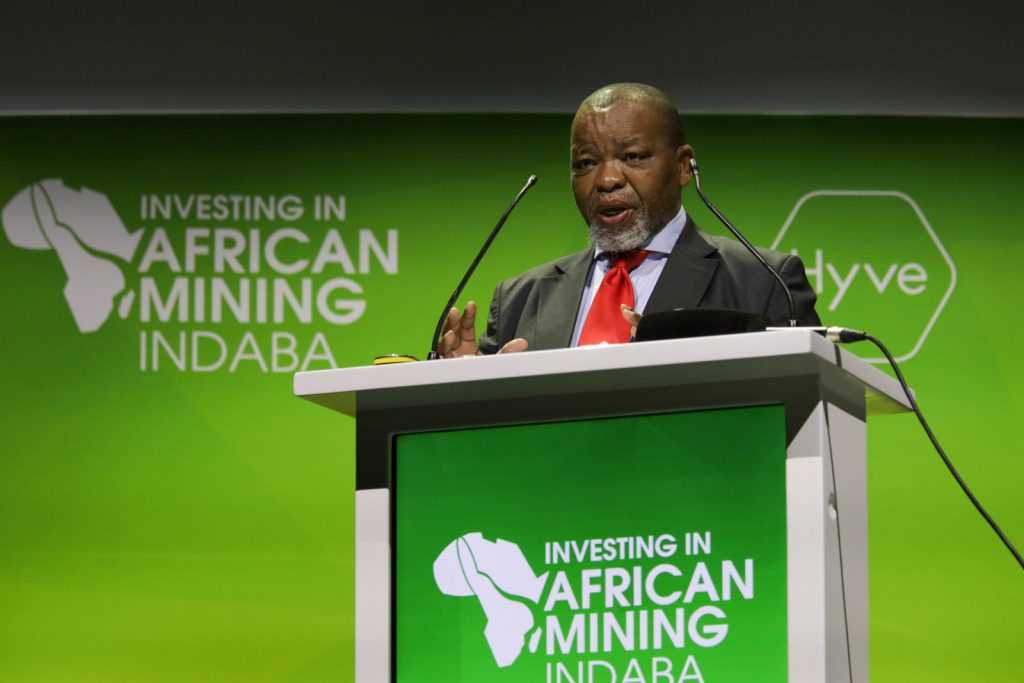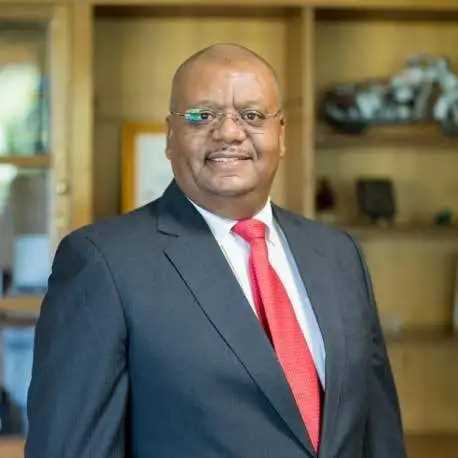
Africa’s top copper producers, the Democratic Republic of Congo and Zambia, are negotiating deals to secure a direct stake in metals trading, aiming to capitalize on soaring demand driven by artificial intelligence and the transition to green energy.
For decades, international trading houses like Glencore (GLEN.L) have dominated the sector. However, in the past year, Congo and Zambia—responsible for over 13% of global copper output—have increased efforts to gain direct access to a share of mined metal for independent trading.
Congo’s state-owned miner, Gecamines, is finalizing an agreement with Glencore to secure around 51,000 metric tons of copper from Kamoto Copper Company (KCC), sources familiar with the matter told Reuters. Gecamines, which holds a 25% stake in KCC, is negotiating for an allocation proportional to its shareholding.
This follows a previous July 2023 deal, where Gecamines began trading 100,000 tons of copper—equivalent to its 20% stake in Tenke Fungurume Mining—after securing an agreement with Chinese owner CMOC Group (603993.SS).
In a broader push for control, the Congolese government is also seeking greater oversight in the sale of metals from projects where it holds a stake. The government owns 20% of Ivanhoe’s (IVN.TO) Kamoa-Kakula mine, projected to produce 520,000-580,000 tons of copper this year.
Related Stories
Zambia has taken a different approach, partnering with Swiss commodity trader Mercuria to establish a jointly owned copper trading unit. Since December, the venture has been in talks with nearly all producers in the country.
Mercuria has committed an initial budget of $500 million to buy copper from local producers, with additional credit lines available as supply increases. The Zambian government, through state miner ZCCM-IH (ZCCM.LZ), is looking to move beyond relying solely on dividend payouts, instead aiming to secure physical copper corresponding to its 10-20% stakes in projects operated by Vedanta Resources, First Quantum Minerals (FM.TO), and Barrick Gold (ABX.TO).
While Congo and Zambia seek to maximize their share of profits—historically concentrated in the hands of multinational corporations—the shift to metals trading comes with risks.
The issue is expected to be a focal point at next week’s Mining Indaba conference in Cape Town, where investors, executives, and government officials will discuss Africa’s evolving resource policies.
Experts warn that direct government involvement in metals trading may not guarantee higher profits. Hugo Brennan, head of EMEA Research at Verisk Maplecroft, cautioned that trading could create disputes similar to past tensions over dividend payments.
Additionally, concerns linger over whether government trading strategies could deter private investors, with some analysts questioning if the benefits outweigh the risks.


















Leave Comments